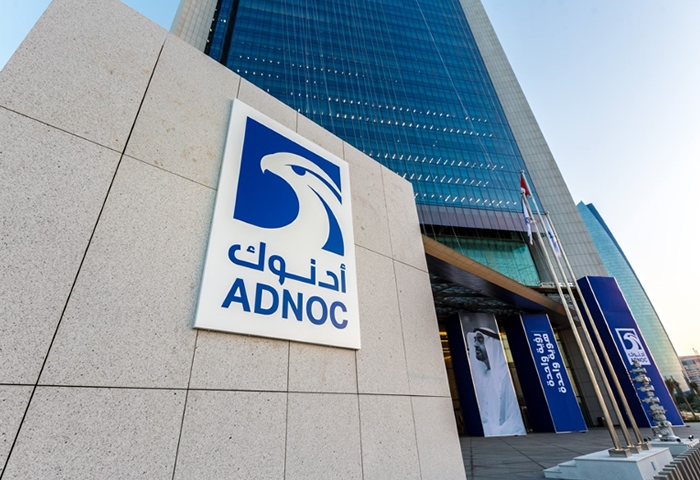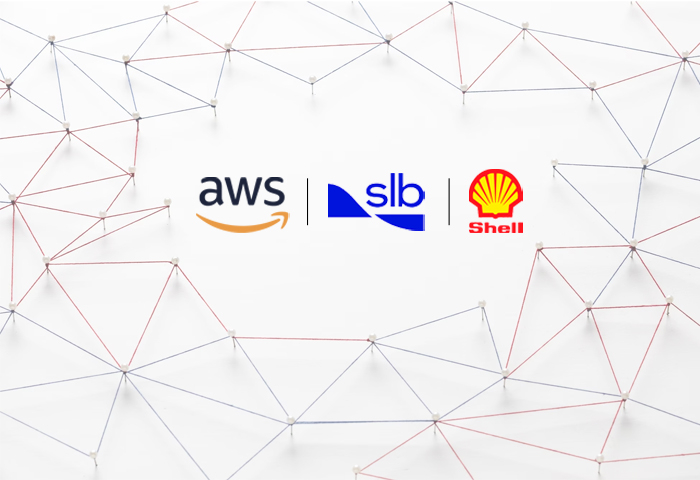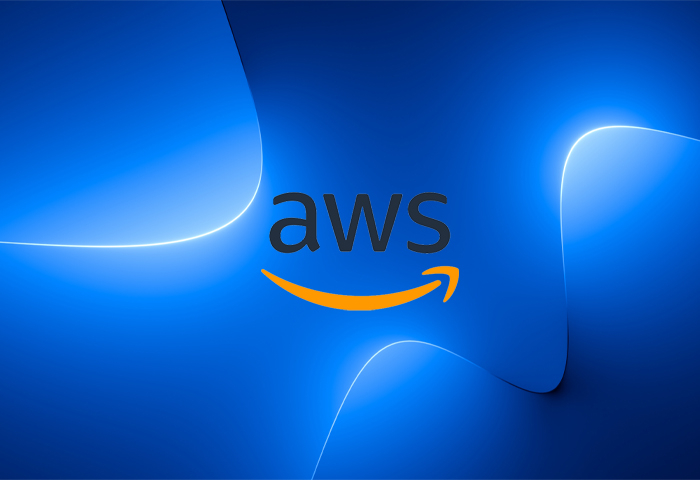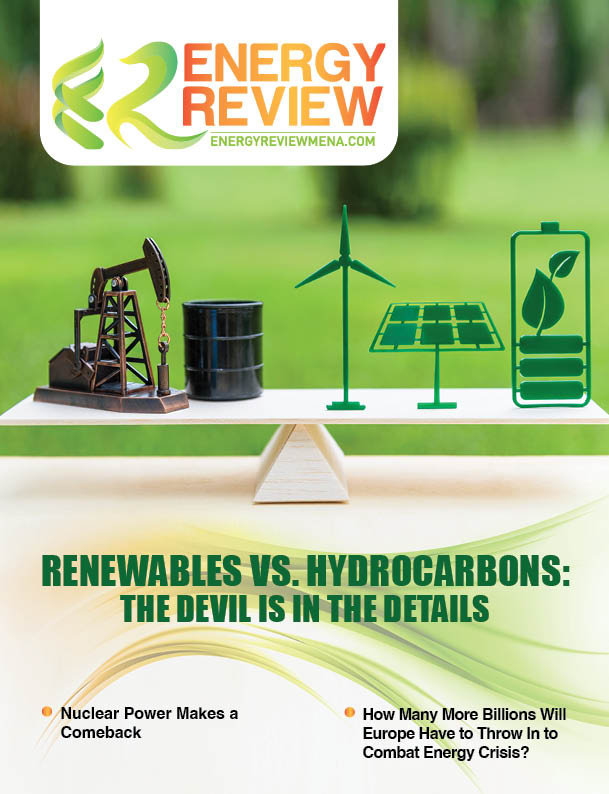In an exclusive interview with Energy Review MENA, ADNOC CTO Dr. Alan Nelson offered more insights on the company’s sustainability goals and how they’re driving innovation.
ADNOC announced at WFES a set of comprehensive sustainability goals, extending its legacy of responsible oil and gas production. Can you outline what these goals encapsulate and what is their importance to the energy sector in the MENA region?
The sustainability goals build on ADNOC’s legacy as a responsible oil and gas producer and support our vision to become best-in-class in sustainability, while maximizing value for the UAE. They also underscore ADNOC’s strong environmental, social and governance (ESG) performance as the company responds to rising global energy demand and delivers its 2030 smart growth strategy. In addition, they are aligned with the United Nation’s (UN) Sustainable Development Goals on responsible consumption and production, climate action, protecting biodiversity and enhancing economic opportunity.
For the wider energy sector in the MENA region, this is an opportunity to revisit how we can apply new technologies, create new business models, forge new partnerships to help drive more responsible production, and contribute to the growth in the region.
What are the innovative measures the company is taking in order to enable sustainability?
ADNOC is currently implementing more than 200 sustainability or ESG projects and initiatives across its entire value chain. I oversee the sustainability function at ADNOC in my role as chief technology officer because we believe it is important to leverage innovation and digital technologies to drive sustainability performance. We are embedding innovation and digital technologies on a multitude of fronts, including the use of non-metallic materials, process optimization models, and blockchain for hydrocarbon accounting and sustainability reporting.
ADNOC is very much focused on developing the latest carbon capture utilization and storage technology. Where does the company stand today with implementing this technology and what are the expansion plans?
The ADNOC carbon capture utilization and storage (CCUS) journey started back in 2009 with a pilot project at our Rumaitha field, where we were the first Middle East oil and gas company to pilot using CO2 for enhanced oil recovery (EOR). In 2011, we started a full-scale project at Al Reyadah, which is the world’s first commercial-scale CCU facility capturing CO2 from the steel industry. This project now has the capacity to store 800,000 tons of CO2 per year. Going forward, we plan to increase this capacity six-fold by adding two major CCUS facilities at our Shah gas plant and the Habshan & Bab gas complex.
Lately, ADNOC has partnered with Honeywell for its asset monitoring and predictive analytics solution. How will this platform improve ADNOC’s operations?
We continuously drive innovation and seek new and advanced technologies that can enhance operational efficiencies and optimize performance. The partnership with Honeywell represents one of the largest predictive maintenance projects in the oil and gas industry. As part of the project, we will be utilizing Honeywell’s state-of-the-art asset monitoring and predictive analytics platform to enable the central monitoring of up to 2,500 critical rotating equipment across ADNOC’s upstream and downstream operations. The platform will leverage AI technologies like machine learning and digital twins, and help predict equipment stoppages, reduce unplanned equipment maintenance and downtime, increase reliability and safety, and enable substantial cost savings for us.









